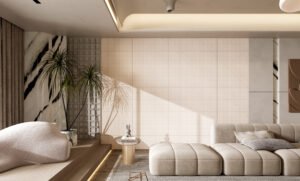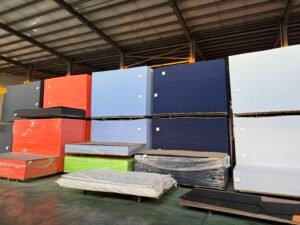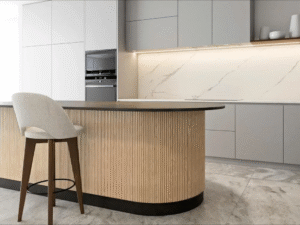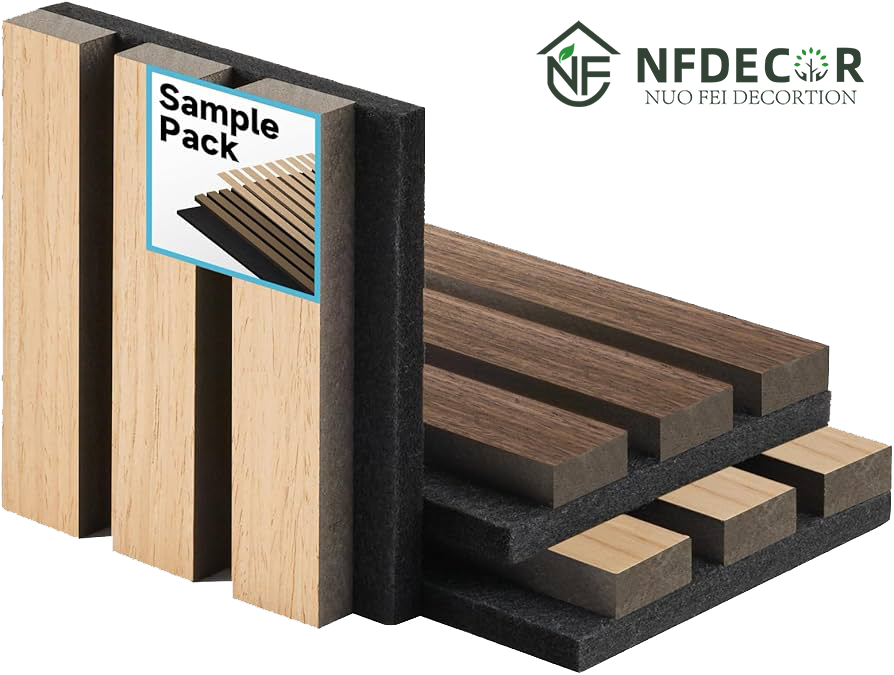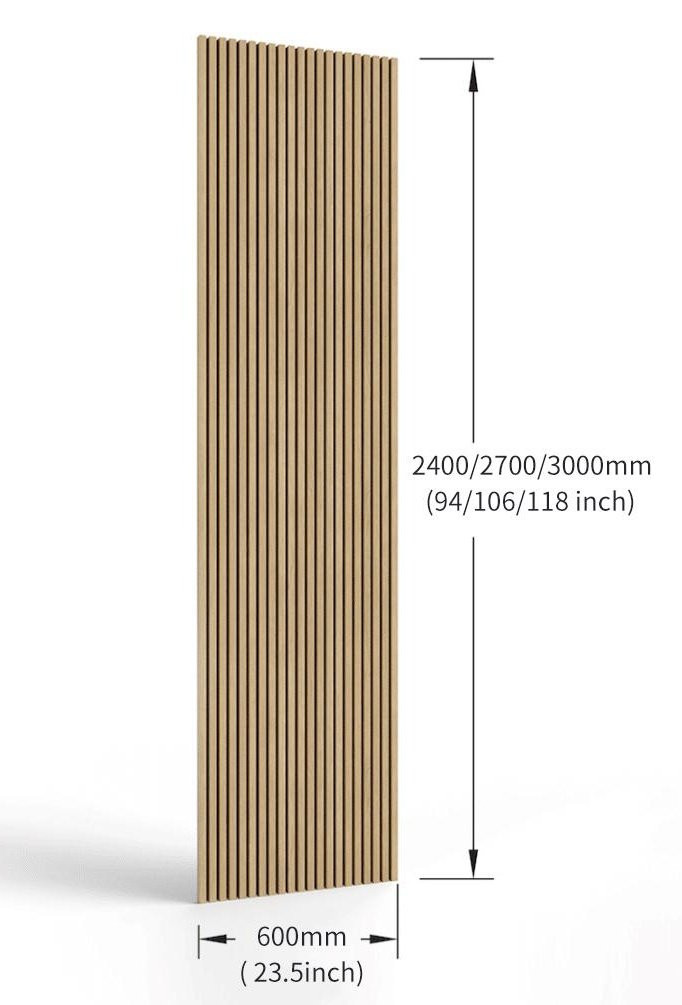Do you want a quieter space? But you don’t know if wood paneling can actually help block out noise. It’s a common problem!
Wood paneling can help with soundproofing, but it’s not the best solution alone. It works better for reducing echo and improving sound quality within a room. For serious sound blocking, you’ll need additional materials like mass-loaded vinyl or acoustic panels.

It is a very common question. But the truth is more complex. Let’s look closer at the options so you can make the best choice.
What Type of Wood Is Best for Soundproofing?
Are you looking for wood that helps block sound? It’s vital to pick the right type to get the best results.
Thicker, denser woods are better for soundproofing. Softwoods like pine are less effective than hardwoods like oak or maple. The density helps to absorb and block sound waves.
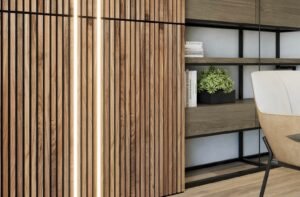
The best wood for soundproofing isn’t just about the type of wood. It is also about its thickness and how you use it. Here’s a simple table to break it down:
| Wood Type | Density | Soundproofing Effectiveness | Best Use |
|---|---|---|---|
| Softwood (Pine) | Low | Low | General construction, not ideal for sound |
| Hardwood (Oak) | High | Moderate | Better, but still needs added materials |
| MDF | Medium-High | Moderate | Good for panels, but not alone |
| Plywood | Varies | Low to Moderate | Depends on thickness, needs layers |
Remember, even the "best" wood won’t be great at soundproofing on its own. You should think of it as one part of a bigger plan. For example, I once used thick oak panels in a home. It helped, but we still added other materials to really block the noise from the busy street. It’s about combining materials.
What Type of Walls Is Best for Soundproofing?
Are you dealing with noisy neighbors or a loud street? Choosing the right type of wall can make a big difference in how much sound gets into your space.
Dense, thick walls are best for soundproofing. Solid concrete or brick walls block sound much better than thin drywall. Adding mass and decoupling (creating separate layers) are key.

It’s not just about the material itself. It’s also about how the wall is built. Here’s a table to show you some options:
| Wall Type | Soundproofing | How it Works |
|---|---|---|
| Single Drywall | Poor | Thin, allows sound to pass easily |
| Double Drywall | Better | More mass helps block some sound |
| Concrete/Brick | Excellent | Very dense, blocks most sound |
| Staggered Stud Wall | Very Good | Studs don’t touch both sides, less vibration |
Think of it like this: a thin wall is like a drum, it vibrates easily. A thick, solid wall is like a rock, it’s much harder for sound to move through. Years ago, a friend built a home near to NF Decor factory. We used a double-layer drywall system. It helped, but we still added insulation for better results. For serious soundproofing, you need a multi-layered method.
What Are the Disadvantages of Acoustic Wall Panels?
Are you thinking about acoustic wall panels to fix a noise problem? While they can help, it’s important to know their limitations.
Acoustic panels mainly absorb sound within a room. They reduce echo and improve sound quality. But, they don’t block sound from entering or leaving the room very well.

It’s a common misunderstanding. People think panels will make a room completely silent. Let’s break down the facts:
| Feature | What it Does | What it Doesn’t Do |
|---|---|---|
| Sound Absorption | Reduces echo, makes sound clearer inside | Block sound from other rooms/outside |
| Aesthetics | Can look good, many styles available | Solve all noise problems alone |
| Installation | Usually easy to install | Replace the need for good wall construction |
Think of panels like sponges. They soak up sound within a room. But, they won’t stop sound from leaking in or out. I remember once, a customer thought panels alone would solve the problem, but they added mass-loaded vinyl for better results. They are one part of a system, not a magic fix.
Are Wood Walls Good for Acoustics?
Want to improve the sound in a room? Wondering if wood walls can help?
Wood walls can be good for acoustics, but it depends on how they’re used. They can scatter sound waves, which can reduce echo and create a warmer sound. But, they don’t block sound well on their own.
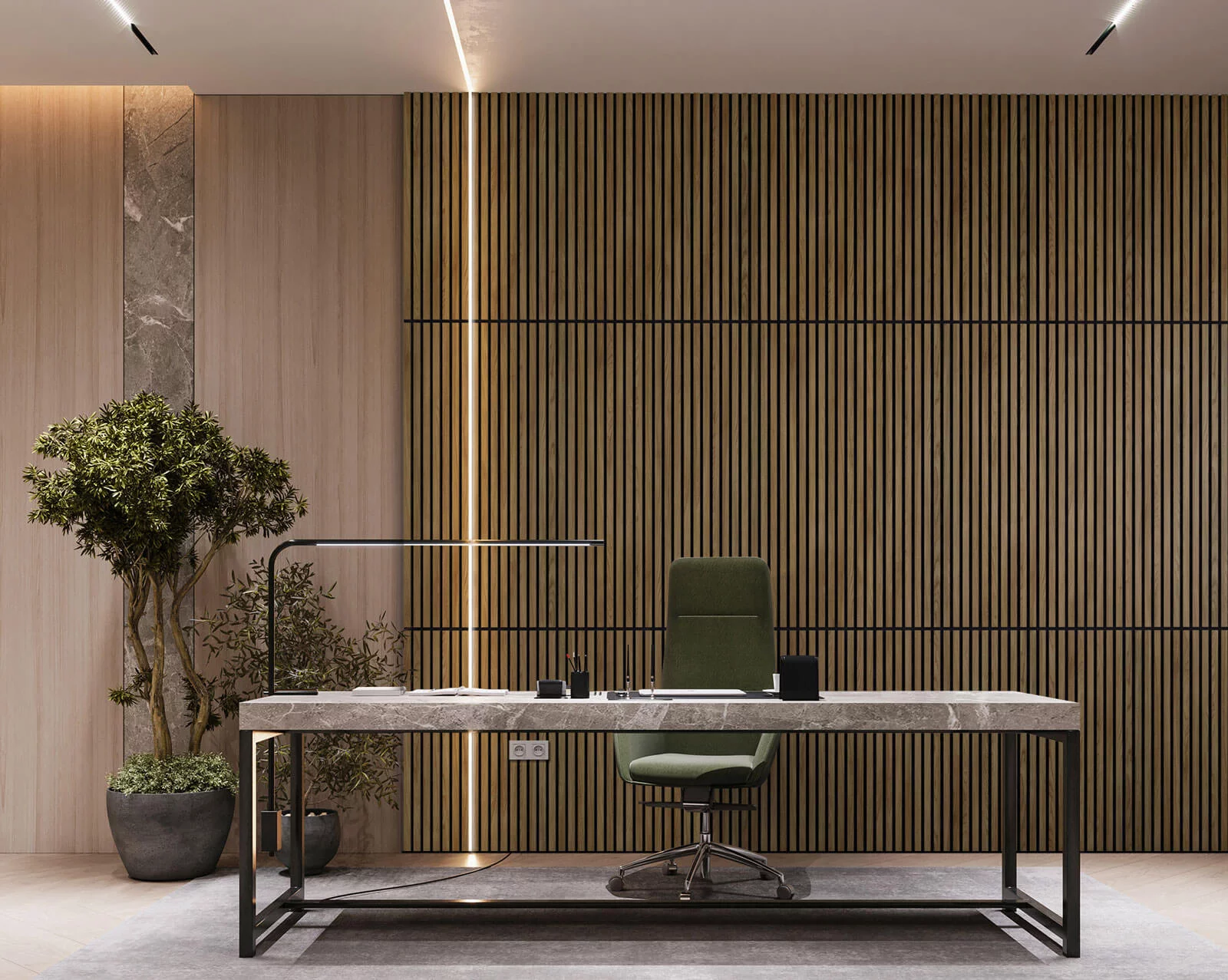
It’s about the way wood interacts with sound. Here’s a simple way to think about it:
| Wood Feature | Acoustic Effect | Important Note |
|---|---|---|
| Surface Texture | Scatters sound, reduces echo | Doesn’t block sound from entering/leaving |
| Density (Hardwood) | Some sound absorption | Better than softwood, but still needs help |
| Thickness | Thicker is better for absorption | Alone, it won’t provide strong soundproofing |
Wood can make a room sound "nicer," but it won’t make it quieter from outside noise. I’ve seen many rooms use wood for a warm, natural feel. Like in my friend’s home, we combined wood with other materials, that is a much better method.
.
Conclusion
Wood paneling has its uses, especially for improving sound within a room. But for real soundproofing, you need more than just wood. Consider combining it with other things.


